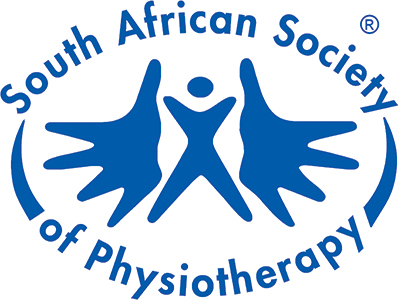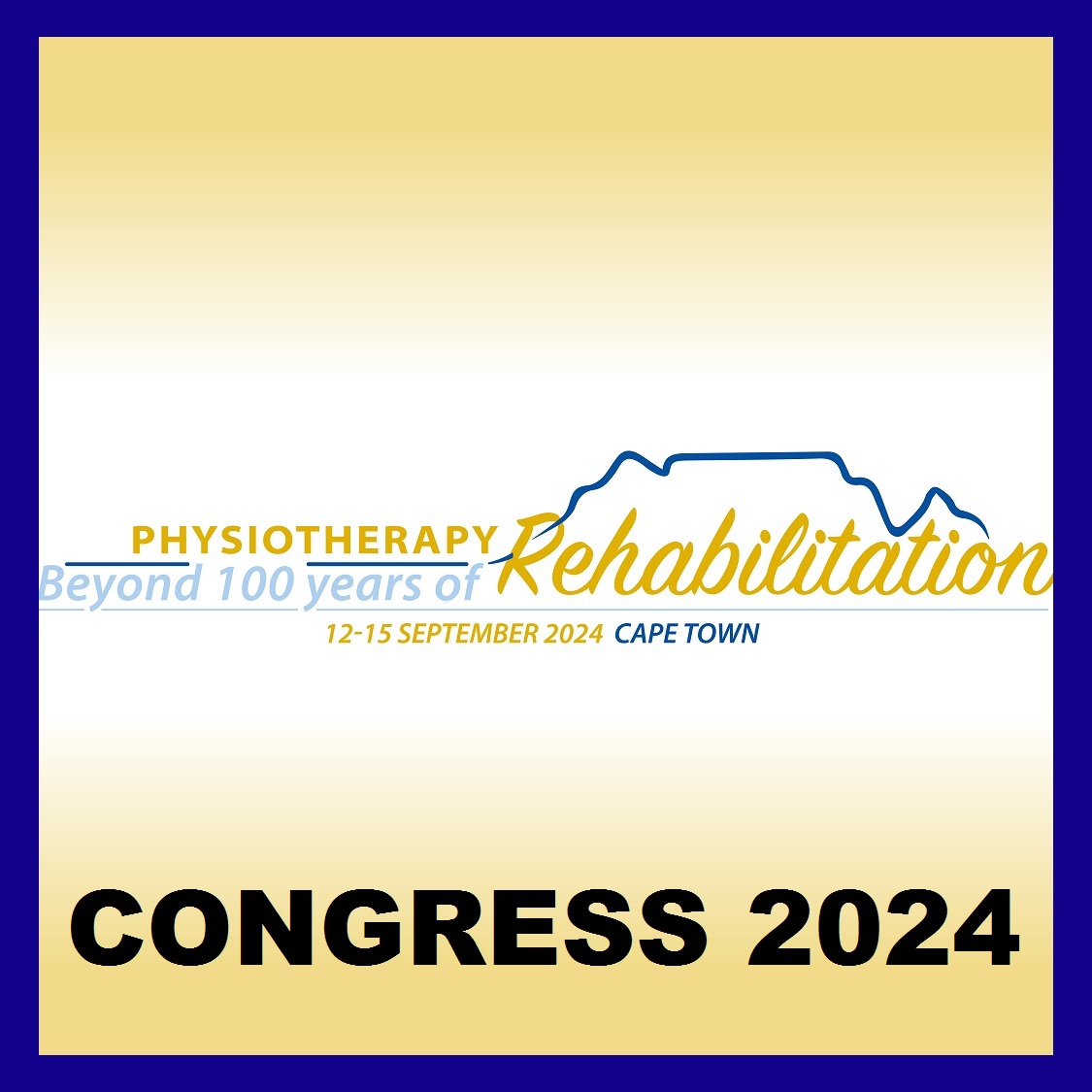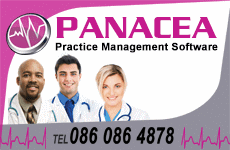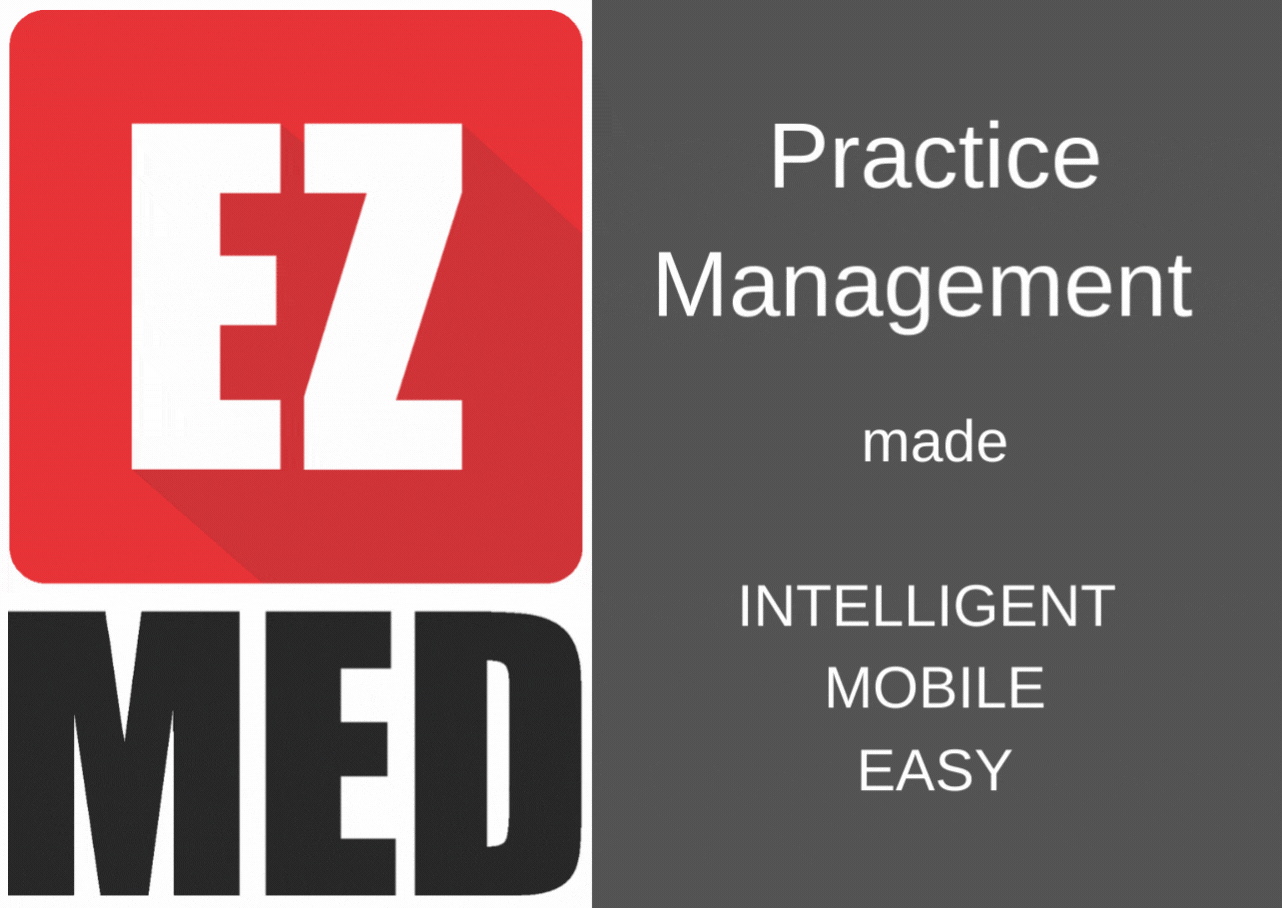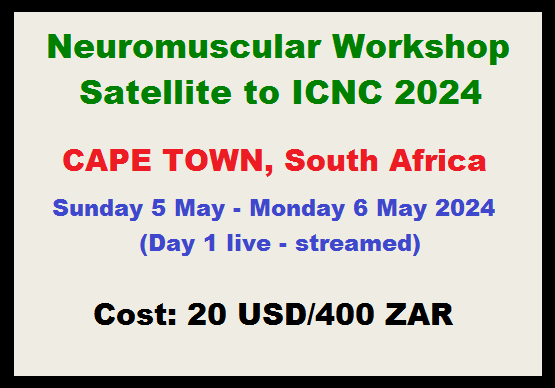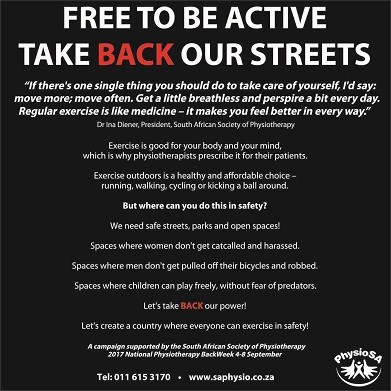
SA Society of Physiotherapy calls for community engagement to protect people exercising in the outdoors
On Friday nights, a bunch of young men rock up in their cars at the small park in a West Rand suburb. The music pumps as they do wheelies and figures of eight, tearing up the grass next to the swings; they leave behind a layer of rubbish – smashed alcohol bottles, fast-food containers, cigarette stompies and more.
Is any young mother likely to take her child to the park the next day to swing on the swings or play on the cheerful red, yellow and blue roundabout? Of course not.
“Everyone needs to exercise, but it’s especially important for children. Free, unstructured play is essential for our children, not only for their physical health, but also for their physical and mental development,” says Dr Ina Diener, president of the South African Society of Physiotherapy (SASP). Yet the physical boundaries of our children’s worlds have shrunk, for many reasons, including the perception that public open spaces are unsafe. One play expert calls middle class children the “children of imprisonment”, confined to schoolrooms and their homes, stuck behind screens and deprived of contact with the natural world. And while children in disadvantaged communities are often physically freer, their environment is frequently degraded.
Randy White and Vicki Stoecklin, writing in the March/April 1998 issue of Early Childhood News, listed the things children like to have in their places of play, things that will help them develop strong healthy limbs and brains. The list includes: water; vegetation, including trees, bushes, flowers and long grasses; animals, creatures in ponds, and other living things; natural colour, diversity and change; nooks and crannies; places to sit in or on, shelter and shade. That looks like a list of what we’d all like in our outdoor exercise spaces.
Our existing urban open spaces offer many of these things, but we are wary of using them for play or exercise; women in particular are less likely to use parks and open spaces because of a sense that they’re not safe (and this, of course, impacts on children as well). That’s why the SASP is calling on all of us to take back our open spaces, during National Physiotherapy BackWeek (4-8 September 2017).
How do we do that? How do we reclaim our public open spaces, for our children and ourselves, so that we can play, walk, run and cycle?
“There are two factors in play here,” says Dr Diener. “One is the responsibility of the authorities, the police service and those in charge of our parks and recreational services; the other is the community itself.”
• Get involved with community organisations: stokvels, community policing forums, church groups and the like, and use them as forums to raise issues around safe public open spaces.
• Get together with neighbours and make plans to ‘police’ open spaces (not only parks, but also open veld that commuters cross on foot, for example) – in some instances, this might mean organising patrols at crucial times, in others it might just mean giving residents of neighbouring houses a phone number to alert the group when unwanted activity happens.
• Liaise with local police to get them on board.
• Liaise with the authority in charge of parks and similar facilities about clean-ups. Offer to help! Nothing pulls a community together like a messy weekend morning involving gloves and rubbish bags.
• Use the facilities. Get together with other parents and take your children to the park to play on the roundabout. Walk the dogs there (pick up the poo). Invite your next-door neighbours to join you there for a picnic. Empty, unused public spaces are an open door to unwanted activities like drunken parties or drug use.
“Public open spaces are an asset that we should be using for exercise that will improve our health,” says Dr Diener. “Our Department of Health is fighting a battle against non-communicable diseases, such as cardiovascular illness and diabetes, which threaten to swamp our health services as the numbers rise. Exercise is a crucial weapon in this battle: the more South Africans move, the better their health will be.” All physiotherapists prescribe exercise to help with existing physical problems and stave off future ones.
“We call on all South African communities to reclaim their public open spaces, for our health and the health of our children,” says Dr Diener. “We ask communities as well as our Minister of Police, Fikile Mbalula, all commanding officers of the South African Police Service, and our traffic officers, to make a firm public commitment to guarding open spaces and routes people use for walking, running and cycling, every day. Let’s take back our streets and parks!”
For more information please visit our website on www.saphysio.co.za or contact us on 011 615 3170.
Back
